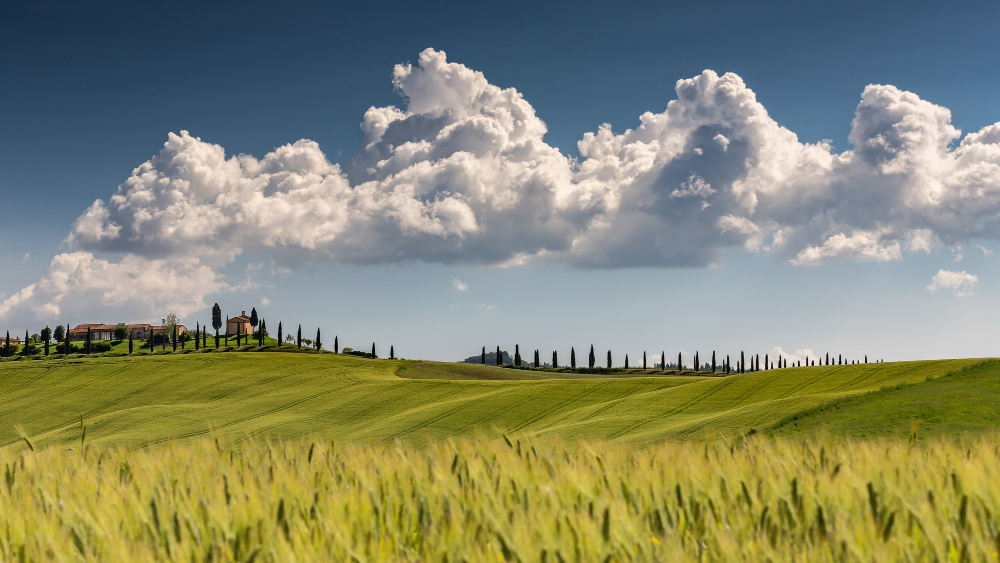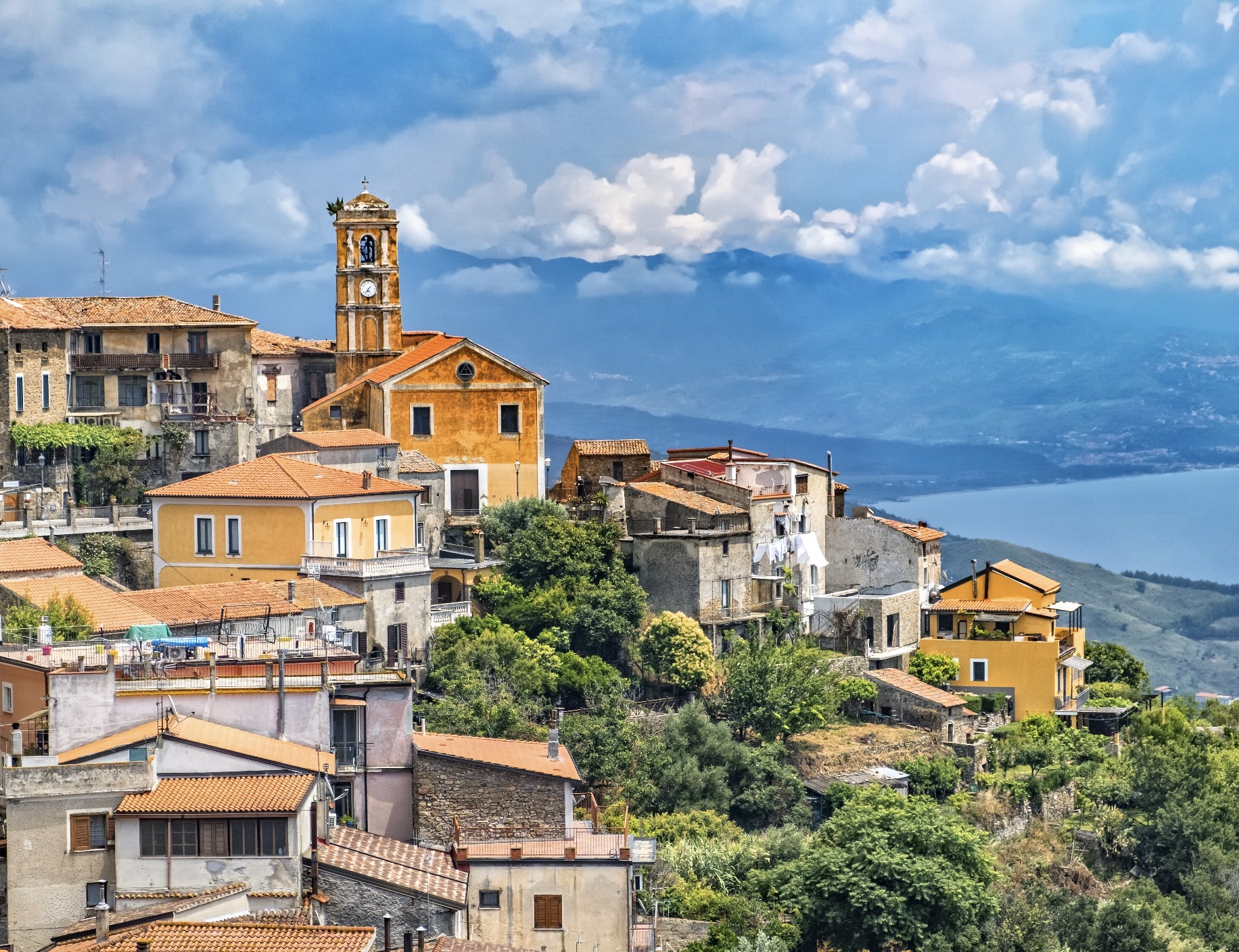Paideia Campus is located in the Cilento area Pollica, the epicenter of the Mediterranean lifestyle and the crossover point of history, culture, and anthropology of this ancient heritage with unique characteristics:
CULTURE HISTORY – SCIENCE – PHILOSOPHY
Capital and UNESCO Emblematic Community of the Mediterranean Diet
- Located halfway between the Archaeological Parks of Paestum & Velia
- Cradle of the Eleatic philosophy of Parmenides the “philosopher- physicist and philosopher-doctor” and his pupils Zeno and Melisso.
- Cradle of the Salerno Medical School, the first Western medical school born in the Middle Ages.
- The place where Ancel and Margaret Keys in the 1970s coined the name Mediterranean Diet, writing the Seven Country Studies.
ENVIRONMENT – LANDSCAPE – BIODIVERSITY
Immersed in the Cilento and Vallo di Diano National Park, where there are 28 Sites of Community Interest (SIC) and 8 Special Protection Zones, part of the network of Biosphere Reserves of the UNESCO MAB program (with 4 UNESCO World Heritage Sites: the Charterhouse of Padula; and the Geo-archaeological Areas of Paestum; Elea; Velia; and the Camerota Quarries); the Mediterranean Park is included in the exclusive UNESCO World Heritage List as a “cultural landscape” of global significance.
ACTIVE CITIZENSHIP – LEGALITY
Pollica, a country that symbolizes legality, has become a model for the whole of Italy, thanks to the mission of Mayor Angelo Vassallo, who gave his life for the regeneration and development of his land. Today in Pollica, we understand the importance and responsibility of educating the new generations to active citizenship for the healthy development of the territories and the protection of knowledge and the environment that welcomes us in complete harmony with the concept of integral ecology.
In Pollica, Future Food Institute (FFI, P23), in collaboration with local institutions and – more importantly – through a process of co-design with the local community, is fostering a prototyping of a historic change of perspective, from linear to circular systems, from reductionist to complex and holistic paradigms, from an ego-centric vision to an eco-centric vision of the role of man in the complex system that links environment, society, and economy. Through this change of perspective, public administration becomes the creator of the enabling environment for the flourishing of good practices; infrastructures are tailored to the needs of the community, which, from being a passive receiver of directives, actively contributes to the life and preservation of traditions and territory; consumers become consumer-actors, and farmers are no longer mere producers of foodstuffs, but true ambassadors-custodians of nature and ecosystems

